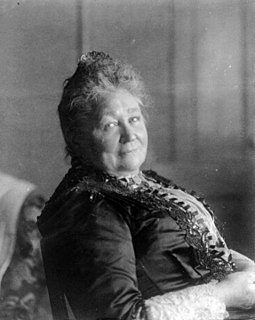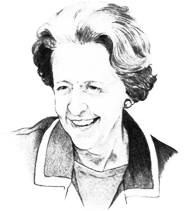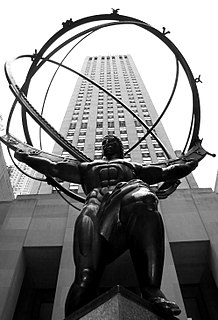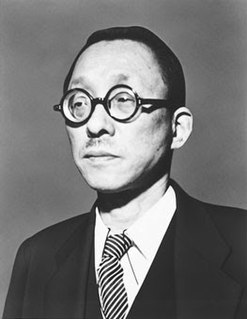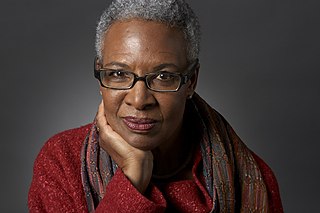A Quote by J. I. Packer
William Wilberforce...w as a great man who impacted the Western world as few others have done. Blessed with brains, charm, influence and initiative, much wealth ... he put evangelism on Britain's map as a power for social change, first by overthrowing the slave trade almost single-handed and then by generating a stream of societies for doing good and reducing evil in public life... To forget such men is foolish.
Quote Topics
Almost
Blessed
Brains
Britain
Change
Charm
Doing
Doing Good
Done
Evangelism
Evil
Few
First
Foolish
Forget
Generating
Good
Great
Great Man
Handed
Impacted
Influence
Initiative
Life
Man
Map
Men
Much
Others
Power
Public
Public Life
Put
Reducing
Single
Slave
Slave Trade
Social
Social Change
Societies
Stream
Then
Trade
Wealth
Western
Western World
Wilberforce
William
World
Related Quotes
All my life long I have been sensible of the injustice constantly done to women. Since I have had to fight the world single-handed, there has not been one day I have not smarted under the wrongs I have had to bear, because I was not only a woman, but a woman doing a man's work, without any man, husband, son, brother or friend, to stand at my side, and to see some semblance of justice done me. I cannot forget, for injustice is a sixth sense, and rouses all the others.
By declaring yourself a leader, you're taking initiative and moving into a role of influence in a lively and vital network that's changing the world. We're changing the world, first by changing ourselves and then by touching the world as changed beings. We believe the change in us catalyzes change in others. So in changing the world, we're choosing to be the change we wish to see in the world. By taking on this leadership role, you are choosing to be the change too.
Casually, unconsciously, but with deadly effectiveness, western man all round the globe destroyed the traditional gods and the ancient societies with his commerce and his science. ... Does it mean nothing to him if great areas of the world, where western influence has been predominant, emerge from this tutelage unable to return to the old life, yet unfitted for the new? It is hard to believe that the future could ever belong to men demonstrating irresponsibility on so vast a scale.
After the Moslem Africans lost control over Spain, they began to prey on the Africans further to the south. They destroyed the great independent states in West Africa, and subsequently set Africa up for the Western slave trade and the Arabs were in the slave trade before Islam and they are still in the slave trade.
For the first time in history, the rational and the good are fully armed in the battle against evil. Here we finally find the answer to our paradox; now we can understand the nature of the social power held by evil. Ultimately, the evil, the irrational, truly has no power. The evil men’s control of morality is transient; it lives on borrowed time made possible only by the errors of the good. In time, as more honest men grasp the truth, evil’s stranglehold will be easily broken.
Wealth from trade was the mainspring of Western material advance; the visible agents of change were great guns. These came of age in Europe in the 15th century. On land their potency in reducing castle walls favoured central over local power, since in general only monarchs could afford siege-trains; so nation-states were consolidated and extended into great territorial empires. At sea, guns transformed sailing ships into mobile castles virtually impregnable to opponents who lacked equally powerful ordnance. With the ocean-going gunned warship, western Europe began to extend around the globe.
It [the Civil War] was a heroic struggle; and, as is inevitable with all such struggles, it had also a dark and terrible side. Very much was done of good, and much also of evil; and, as was inevitable in such a period of revolution, often the same man did both good and evil. For our great good fortune as a nation, we, the people of the United States as a whole, can now afford to forget the evil, or, at least, to remember it without bitterness, and to fix our eyes with pride only on the good that was accomplished.
Doing for people what they can and ought to do for themselves is a dangerous experiment. In the last analysis, the welfare of the workers depends upon their own initiative. Whatever is done under the guise of philanthropy or social morality which in any way lessens initiative is the greatest crime that can be committed against the toilers. Let social busybodies and professional "public morals experts" in their fads reflect upon the perils they rashly invite under this pretense of social welfare.
Just as women supplement men in private life, so they will supplement men in public life by concentrating their organized efforts on those objects which men are likely to ignore. There is a tremendous field for women as active protagonists of new ideas and new methods of political and social housekeeping. When organized and conscious of their power to influence their surroundings, women can use their newly acquired freedom in a great many ways to mold the world into a better place to live in.
It is tempting to believe that social evils arise from the activities of evil men and that if only good men (like ourselves, naturally) wielded power, all would be well. That view requires only emotion and self-praise - easy to come by and satisfying as well. To understand why it is that 'good' men in positions of power will produce evil, while the ordinary man without power but able to engage in voluntary cooperation with his neighbors will produce good, requires analysis and thought, subordinating emotions to the rational.
Under the old social philosophy which had governed the Middle Ages, temporal, and therefore all economic, activities were referred to an eternal standard. The production of wealth, it distribution and exchange were regulated with a view to securing the Christian life of Christian men. In two points especially was this felt: First in securing the independence of the family, which can only be done by the wide distribution of property, in others words the prevention of the growth of a proletariat; secondly, in the close connection between wealth and public function.

